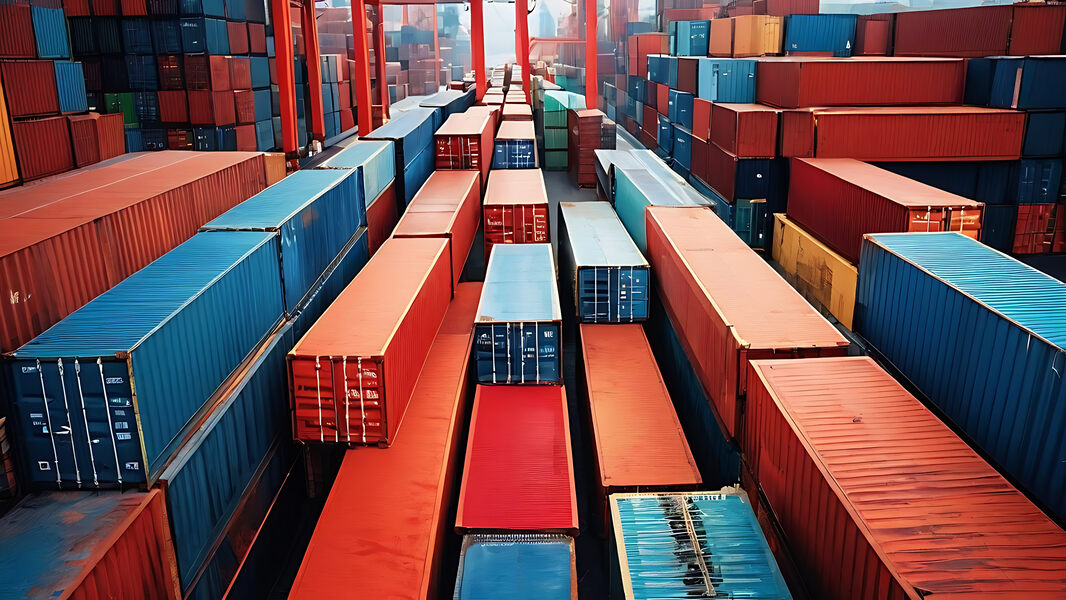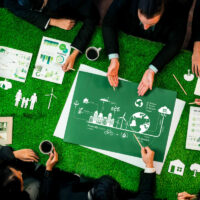Growth in non-US product imports
In eight sectors, growth in imports of non-US products is so weak that full replacement of lost US market sales would, on current trends, not take place until after 2035.
Geographic sales diversification
This highlights the importance of penetrating and growing market share in alternative export destinations to hedge against the potential loss of US market access. Geographic sales diversification can help mitigate this trade policy risk.
Opportunities beyond the US
Even if the US does not escalate its recent policy of imposing higher import barriers, increased trade policy uncertainty will take its toll on investment, market entry, and sourcing decisions. Fortunately, there are plenty of commercial opportunities beyond US markets.











